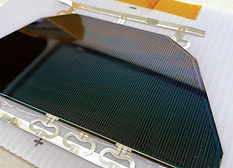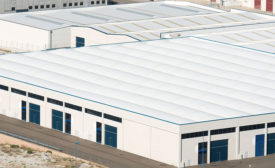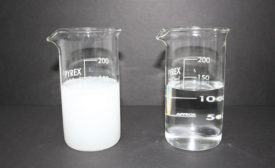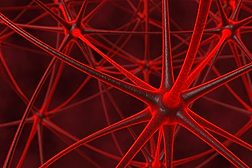Home » Keywords: » Self-Cleaning Coating
Items Tagged with 'Self-Cleaning Coating'
ARTICLES
Transparent Electrodynamic Dust Shields Usable for Solar Cells
Read More
Keep the info flowing with our eNewsletters!
Get the latest industry updates tailored your way.
JOIN TODAY!Copyright ©2025. All Rights Reserved BNP Media.
Design, CMS, Hosting & Web Development :: ePublishing








